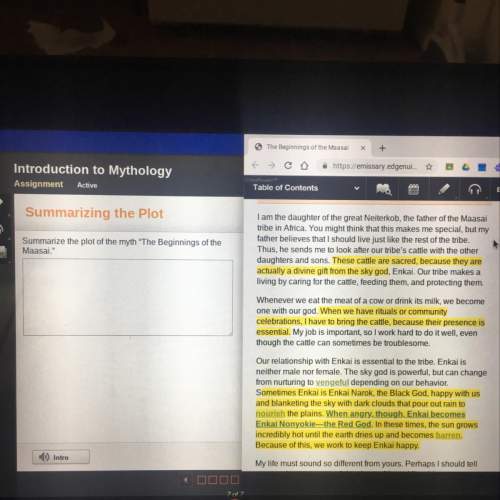
The passage is an excerpt from the issue dated September 12, 1777, of Thomas Paine's pamphlet series The American Crisis. What is the main idea?
Those who expect to reap the blessings of freedom, must, like men, undergo the fatigues of supporting it. The event of yesterday was one of those kind of alarms which is just sufficient to rouse us to duty, without being of consequence enough to depress our fortitude. It is not a field of a few acres of ground, but a cause, that we are defending, and whether we defeat the enemy in one battle, or by degrees, the consequences will be the same. Look back at the events of last winter and the present year, there you will find that the enemy's successes always contributed to reduce them. What they have gained in ground, they paid so dearly for in numbers, that their victories have in the end amounted to defeats. We have always been masters at the last push, and always shall be while we do our duty. Howe has been once on the banks of the Delaware, and from thence driven back with loss and disgrace: and why not be again driven from the Schuylkill? His condition and ours are very different. He has everybody to fight, we have only his one army to cope with, and which wastes away at every engagement: we can not only reinforce, but can redouble our numbers; he is cut off from all supplies, and must sooner or later inevitably fall into our hands. Shall a band of ten or twelve thousand robbers, who are this day fifteen hundred or two thousand men less in strength than they were yesterday, conquer America, or subdue even a single state? The thing cannot be, unless we sit down and suffer them to do it. Another such a brush, notwithstanding we lost the ground, would, by still reducing the enemy, put them in a condition to be afterwards totally defeated.
A) If people want freedom, it’s their duty to fight for it.
B) A few losses are acceptable if victory is guaranteed.
C) Unjust people need to be punished.
D) A peaceful surrender is preferable to a violent victory.

Answers: 3
Other questions on the subject: English

English, 21.06.2019 13:00, Chealyn
Select the correct text in the passage. which two sentences in this excerpt from f. scott fitzgerald's "winter dreams" seem to foreshadow dexter’s future obsession with “possessing” judy jones? now, of course, the quality and the seasonability of these winter dreams varied, but the stuff of them remained. they persuaded dexter several years later to pass up a business course at the state university—his father, prospering now, would have paid his way—for the precarious advantage of attending an older and more famous university in the east, where he was bothered by his scanty funds. but do not get the impression, because his winter dreams happened to be concerned at first with musings on the rich, that there was anything merely snobbish in the boy. he wanted not association with glittering things and glittering people—he wanted the glittering things themselves. often he reached out for the best without knowing why he wanted it—and sometimes he ran up against the mysterious denials and prohibitions in which life indulges.
Answers: 3


English, 22.06.2019 00:50, danielweldon1234
John asks mond why they have to have whole groups of identical deltas. why not make everyone an alpha plus like bernard and helmholtz? are you satisfied with mond’s answer?
Answers: 3
Do you know the correct answer?
The passage is an excerpt from the issue dated September 12, 1777, of Thomas Paine's pamphlet series...
Questions in other subjects:

Physics, 16.04.2020 03:31







Health, 16.04.2020 03:32








